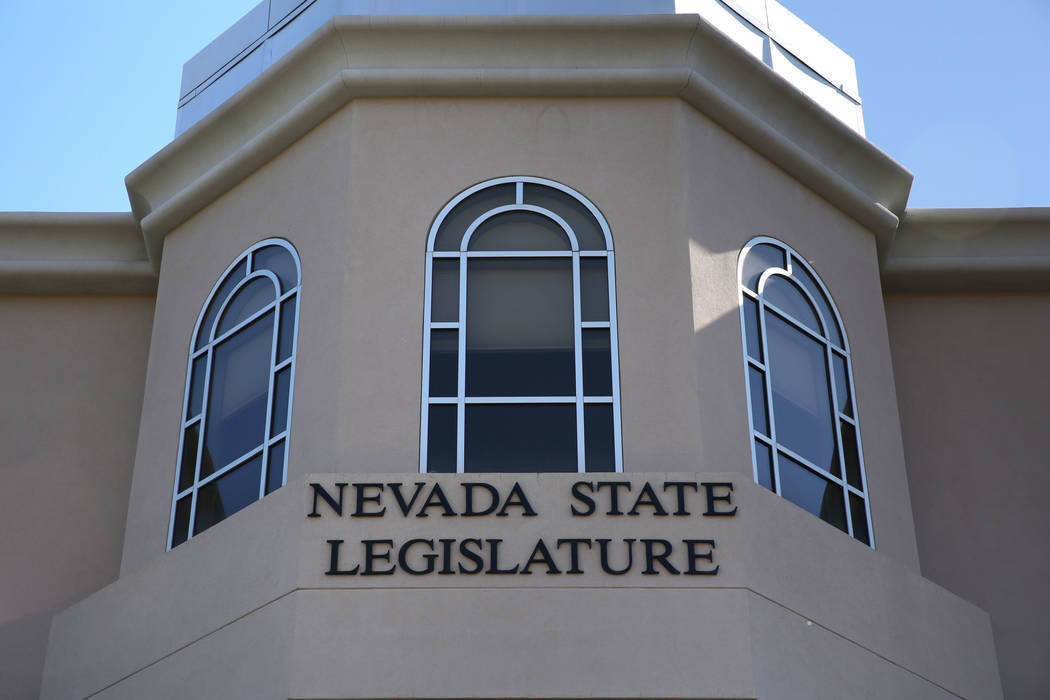The Uniform Law Commission of the United States has previously failed to install a regulatory model regarding the use of cryptocurrencies. Nevada lawmakers moved ahead with their own cryptocurrency regulation bill in a controversial decision earlier this week. However, the bill wasn’t passed and none of the measures were realized
Lawmakers weren’t able to make the Friday deadline in order to make further decisions on SB 195. Cryptocurrency users and shareholders throughout the state are celebrating this as a victory. After the deadline passed, the bill was rendered essentially dead. Lawmakers who worked hard to push the bill are already conceiving new plans to achieve cryptocurrency regulations.
Through the implementation of SB 195, some lawmakers were hoping to exercise the Uniform Supplemental Commercial Law and the Uniform Regulation for Virtual Currency Business Act. These laws were originally devised by the URVCBA and ULC respectively. When the bill was originally announced in early 2019, blockchain and cryptocurrency stakeholders were incredibly vocal about their opposition.
Those who oppose the ULC version of the regulations claim that the measures will negatively impact the ownership rights of those invested in virtual currency. On the other hand, critics of the URVCBA law indicate that its control over cryptocurrency activities is unacceptable.
With the ULC regulation, lawmakers are trying to exert the Uniform Commercial Code to the blockchain and cryptocurrency industries. This law also seeks to create a broader form of regulation that would impact business within the industry in every state within the U.S.
Many companies have already voiced their concerns over the bill. Some individuals outside of the targeted industries fear that the loose terms will inadvertently impact their operations. Actors within the cryptocurrency and blockchain industries feel as though these laws are overstepping regulatory boundaries.
A UCC attorney by the name of Andrea Tinianow published an article in Forbes to highlight how the ULC code is limited to ensuring super-negotiability under assets that are held by a third-party custodian. She added that the vast majority of people who hold these tokens are also owners of cryptocurrencies.
Instead of pushing its regulation with more emphasis, the ULC responded positively to the criticism. In an official statement released in March 2019, the ULC requested that all states put a hold on their legislative proceedings involving the URVCBA model. The organization mentioned that further inquiries and studies would be carried out to determine a better manner for achieving an improved framework for blockchain and cryptocurrency technology.






